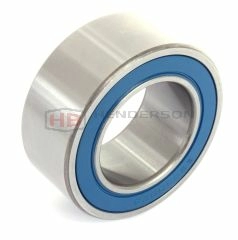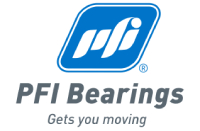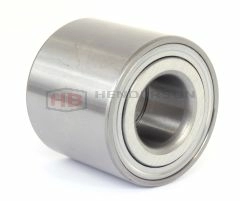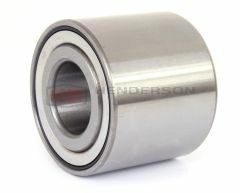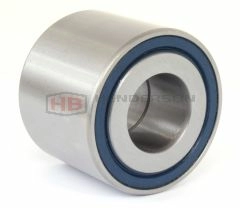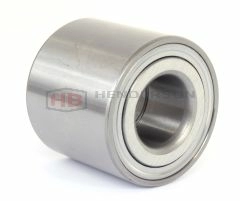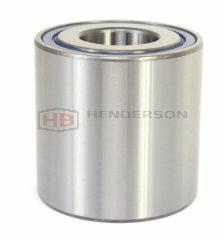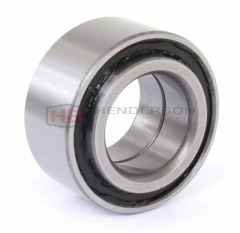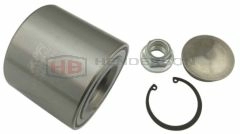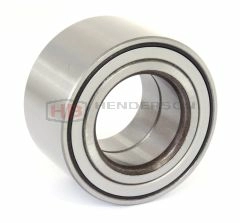Wheel Bearings
When it comes to automotive wheel bearings, one name stands out from the rest - Wheel Bearings. These essential components ensure your vehicle’s wheels spin smoothly and quietly. They are designed to handle both radial and axial loads, reducing friction and providing optimum performance.
Our Core Wheel Bearings
One of the key products in our range is the Clutch Release Bearings. These are specifically designed to engage and disengage the clutch smoothly, ensuring your vehicle’s transmission works seamlessly.
Another product that complements our wheel bearings is the Taper Roller Bearings. These are perfect for handling heavy loads and are commonly used in car hubs due to their durability and high load capacity.
For cycling enthusiasts, we also offer Bicycle Bearings. These are designed to withstand the rigours of both on and off-road cycling, ensuring a smooth ride every time.
Lastly, we have Wheel Bearing Hubs in our catalogue. These are pre-assembled, pre-lubricated, and pre-sealed, making them easy to install and ensuring they provide long-lasting performance.
So, whether you’re looking for wheel bearings for your car or bicycle, or need other types of bearings, we’ve got you covered. Explore our range today and experience the difference quality makes.
Is it OK to drive with a bad wheel bearing?
No, it is not advisable to drive with a bad wheel bearing. Driving with a failing wheel bearing can lead to serious consequences, including the possibility of a wheel locking up or even detaching while you are driving. This presents a significant safety hazard to you and other motorists. It is best to address the issue with a bad wheel bearing promptly to maintain vehicle safety and performance.
What are the signs of a bad wheel bearing?
Recognising the signs of a bad wheel bearing can help you take timely action to prevent larger issues. Common indicators include:
- Unusual Noises: A humming, rumbling, or growling noise that increases with acceleration or as the vehicle turns.
- Wheel Wobble: Excessive play or vibration in the wheel, which you may feel through the steering wheel, especially as vehicle speed increases.
- Uneven Tyre Wear: Uneven or rapid wear of your tyres can be caused by failed wheel bearings.
- ABS Failure: In some vehicles, a bad wheel bearing can interfere with the anti-lock braking system (ABS).
How much does a wheel bearing cost to replace?
The cost to replace a wheel bearing can vary widely depending on the make and model of your vehicle and the labour costs of your mechanic or dealership. On average, you can expect to pay anywhere between £120 to £600 for each wheel bearing replacement. This price includes both parts and labour. Front-wheel bearings typically cost a bit more to replace than rear ones. To get a more accurate estimate, it's best to consult with a repair shop or your dealership.
What noise does a wheel bearing make?
A bad wheel bearing typically makes a distinct noise that is a tell-tale sign something might be wrong. Most commonly, the noise is a grinding, humming, or rumbling sound that becomes more pronounced with vehicle speed or as the vehicle turns. This noise may initially be subtle but can grow louder over time as the bearing deteriorates further. If you hear this type of noise, it’s a clear indication that you should have your wheel bearings inspected by a professional.

